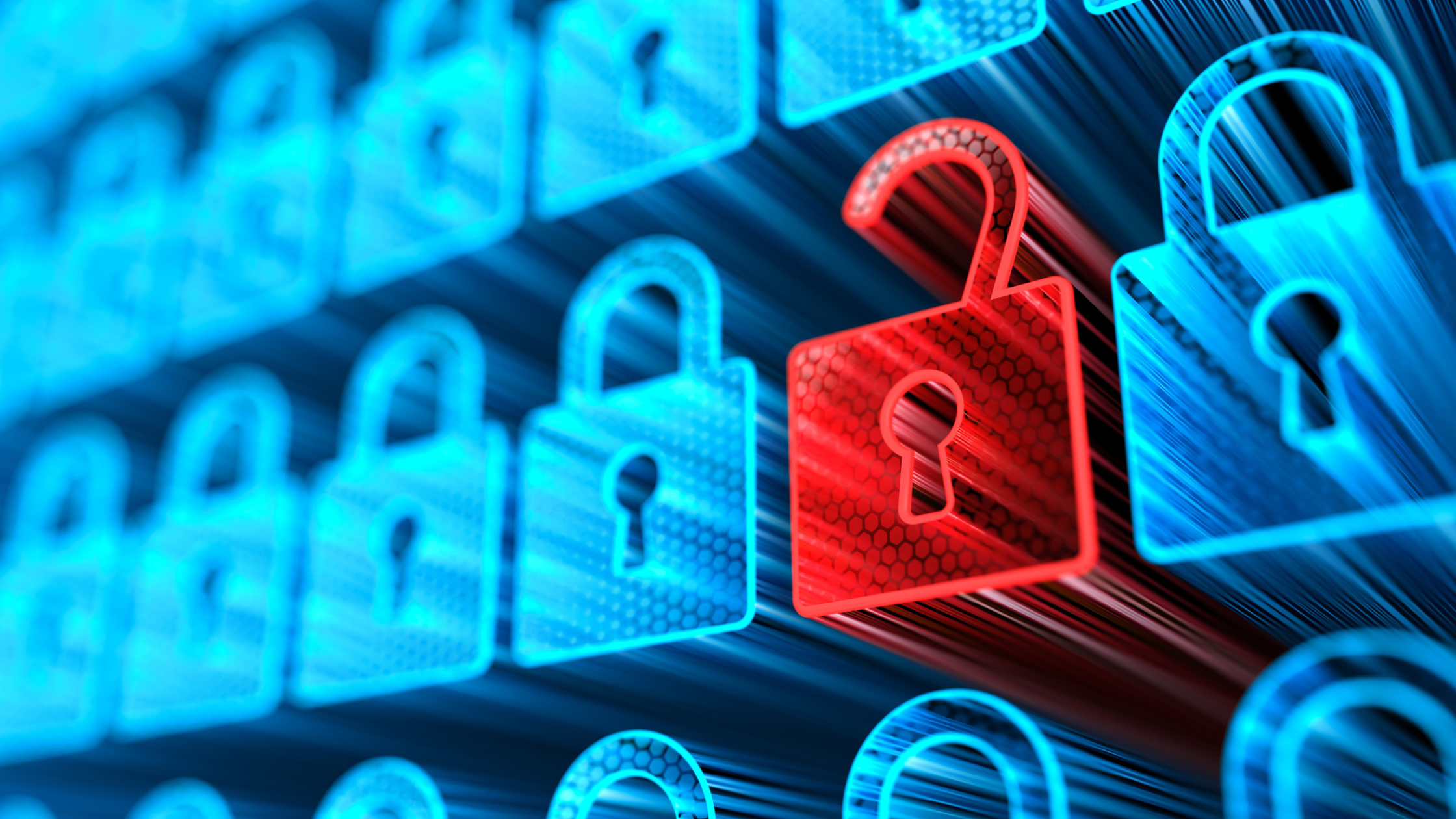Relying heavily on virtualized infrastructure doesn’t mean organizations can neglect physical access control. With IT environments becoming more complex and the larger cybersecurity narrative focusing on virtual environments, it’s easy for simple best practices to fall by the wayside. It’s a recipe for disaster.
However, colocation solutions offer key capabilities needed to straddle the physical and virtual security demands facing businesses, ensuring companies have multiple layers of protection if something goes wrong.
Get Your Servers Out of The Closet
Imagine that you work for an organization that has invested heavily in cybersecurity. You have segregated all your mission-critical systems into a secure network. Virtualization and data routing can make it difficult to target specific systems. Anti-malware, mobile device management, and similar solutions are strong. All that work and a disgruntled employee comes into work one day with a virus on a USB stick. The employee keeps an eye on the door to your on-premises server room and, when it is left propped open in a moment of carelessness, the insider steps in plugs the USB drive into the back of a system and infects your environment.
Sound far-fetched?
A USB drive is widely believed to be the original source of the Stuxnet virus that almost fueled industrial sabotage in Iran just a few years ago, IEEE Spectrum reported at the time.
What’s more, creating a secure, isolated network that is ‘bulletproof’ isn’t necessarily realistic. Organizations should blend longstanding best practices with contemporary solutions to simultaneously deal with sophisticated attackers and the threats that emerge when an IT environment contains a single point of failure.
Using Colocation to Increase Security and Protect Data
Colocation service providers often offer robust network security services with the types of firewalls, software-defined WAN, and similar systems needed to protect colocation environments. Colocation can offer redundancy, security, and resiliency in the face of disaster. Especially compared to housing your hardware. Consider these examples:
- Colocation data centers feature multiple layers of physical and logical access control, ensuring an attacker can’t slip through a single crack and gain access
- Increased uptime and availability, which is guaranteed by the SLA
- Network and security systems, are fully redundant with multiple providers
- Data centers can certify their facilities, technologies, and processes for compliance with major regulatory standards
- Improved performance
- Data center security controls drastically decrease the chance for human error
- Dedicated network links between colocation facilities and major data center interconnects provide secure data transit over controlled pathways
It’s time to get serious about security when virtualizing your environment, but don’t forget the other important aspects of physical hardware and access control. Utilizing colocation with virtualized infrastructure is a hybrid solution model that provides the best of both worlds. At ColoHouse we offer enterprise-class colocation solutions that are flexible, geographically diverse, and built to give clients a security and performance advantage. Contact us today to learn more.















